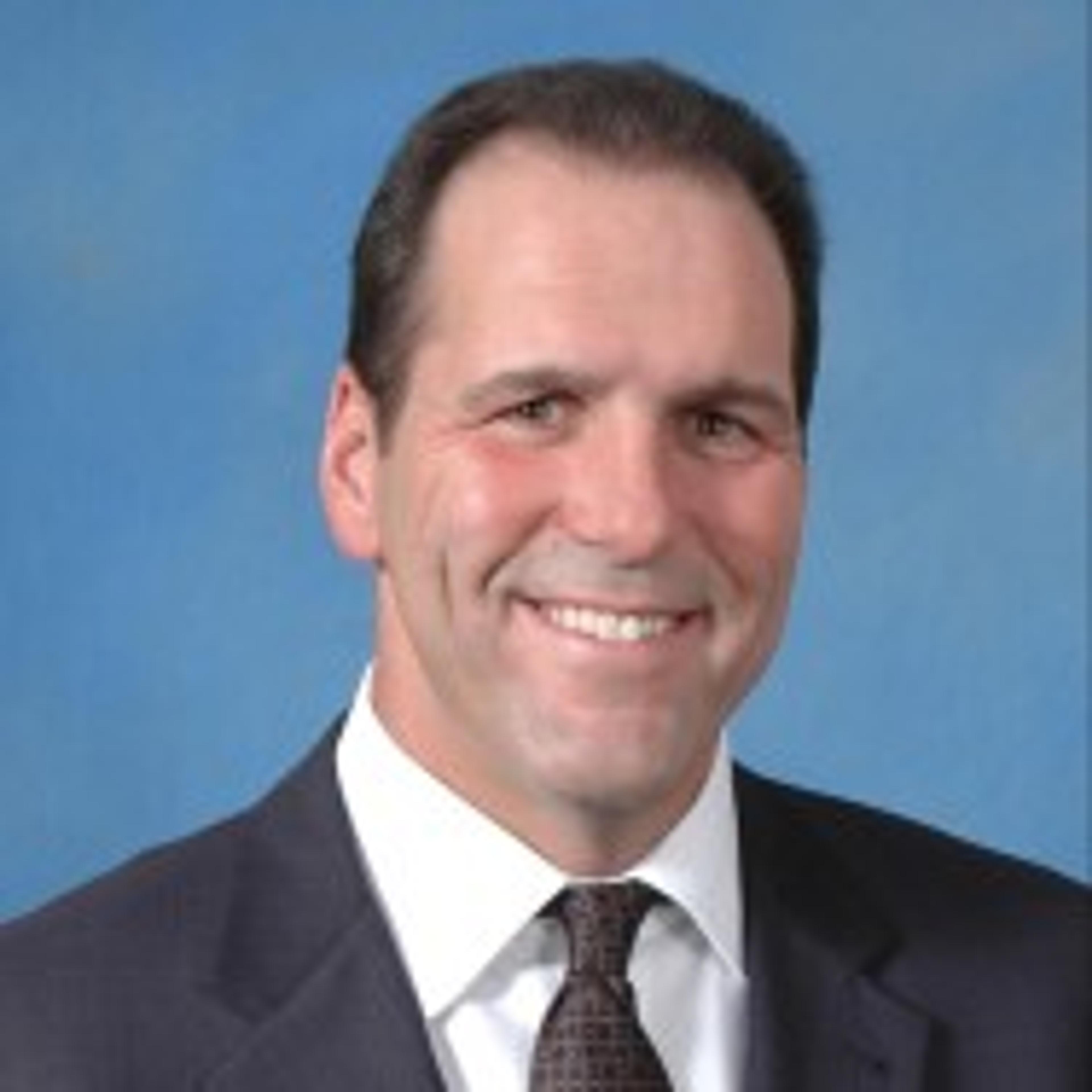Have a heart healthy day in the office

Ken Dallafior
| 2 min read

February is Heart Health Month and a perfect time for a reminder that we all need to treat our hearts with a little TLC. Kick-off healthy eating habits with nutritional foods you can eat at the office.
Here are some foods that will shoot arrows of nutritional love straight into your cardiovascular system.
Avocados. A tasty addition to any sandwich, this creamy fruit (yes, it is a fruit) has been shown to help lower bad LDL cholesterol levels in your blood while raising the amounts of good HDL cholesterol.
Tuna or salmon. The American Heart Association recommends people without documented coronary heart disease eat a variety of fish (preferably oily fish such as salmon or tuna) at least twice a week.
Strawberries and tart cherries. Rich in antioxidants, these heart-shaped delectable were called “Heart-healthy Super Foods” by CBS News. They both contain anthocyanins, which can reduce inflammation and lower cholesterol and triglyceride levels.
Almonds and walnuts. According to the Mayo Clinic, people who eat nuts as part of a heart-healthy diet can lower their bad LDL cholesterol levels and reduce their risk of developing blood clots that can cause a fatal heart attack.
Dark chocolate. Cap off your lunch, indulge yourself with a small piece of this decadent treat. Its flavonoids prevent the buildup of coronary arterial plaque, which can contribute to the development of heart disease. Dark chocolate also boosts your immune system and contains cancer-fighting enzymes. Look for products that have at least 60 percent cocoa.
One last thought: Why not make these foods (except for the chocolate, of course) a regular part of your lunching and snacking routine year round? This will help keep you healthier and more energized throughout the year, which is the best gift to yourself and all your loved ones.
Photo Credit: YoAmes





